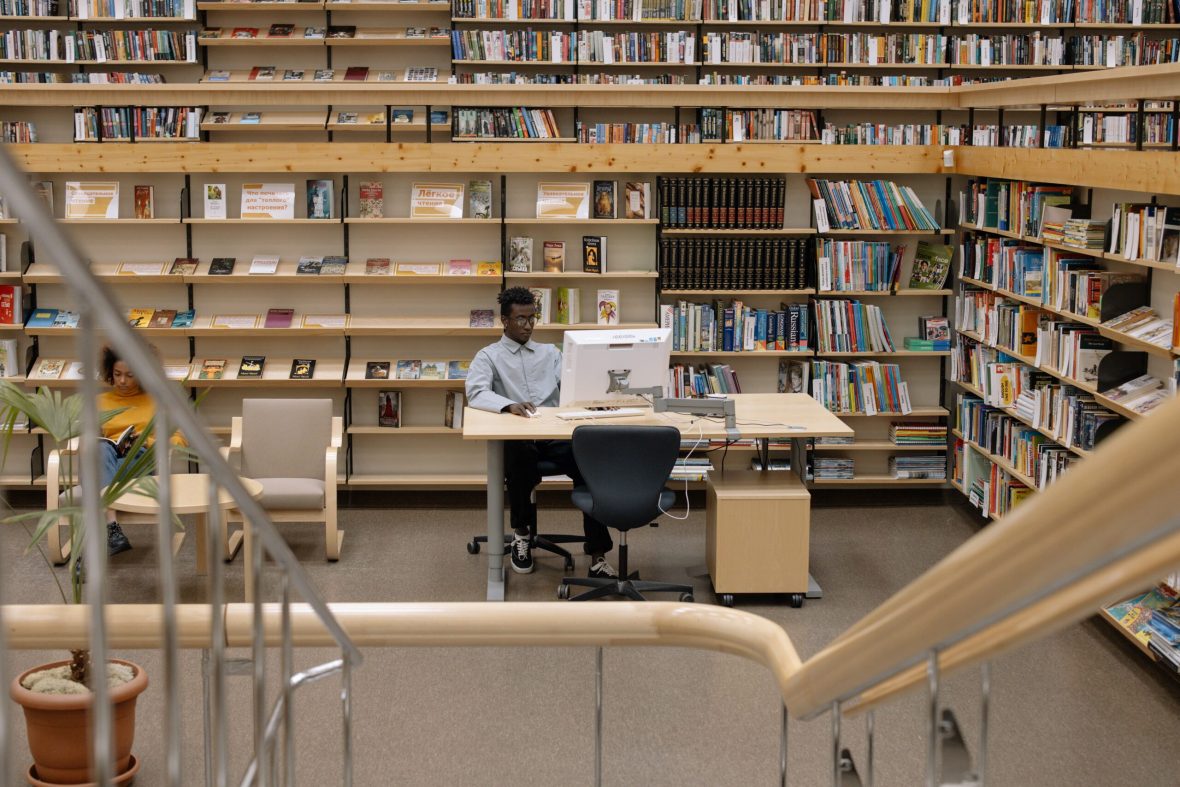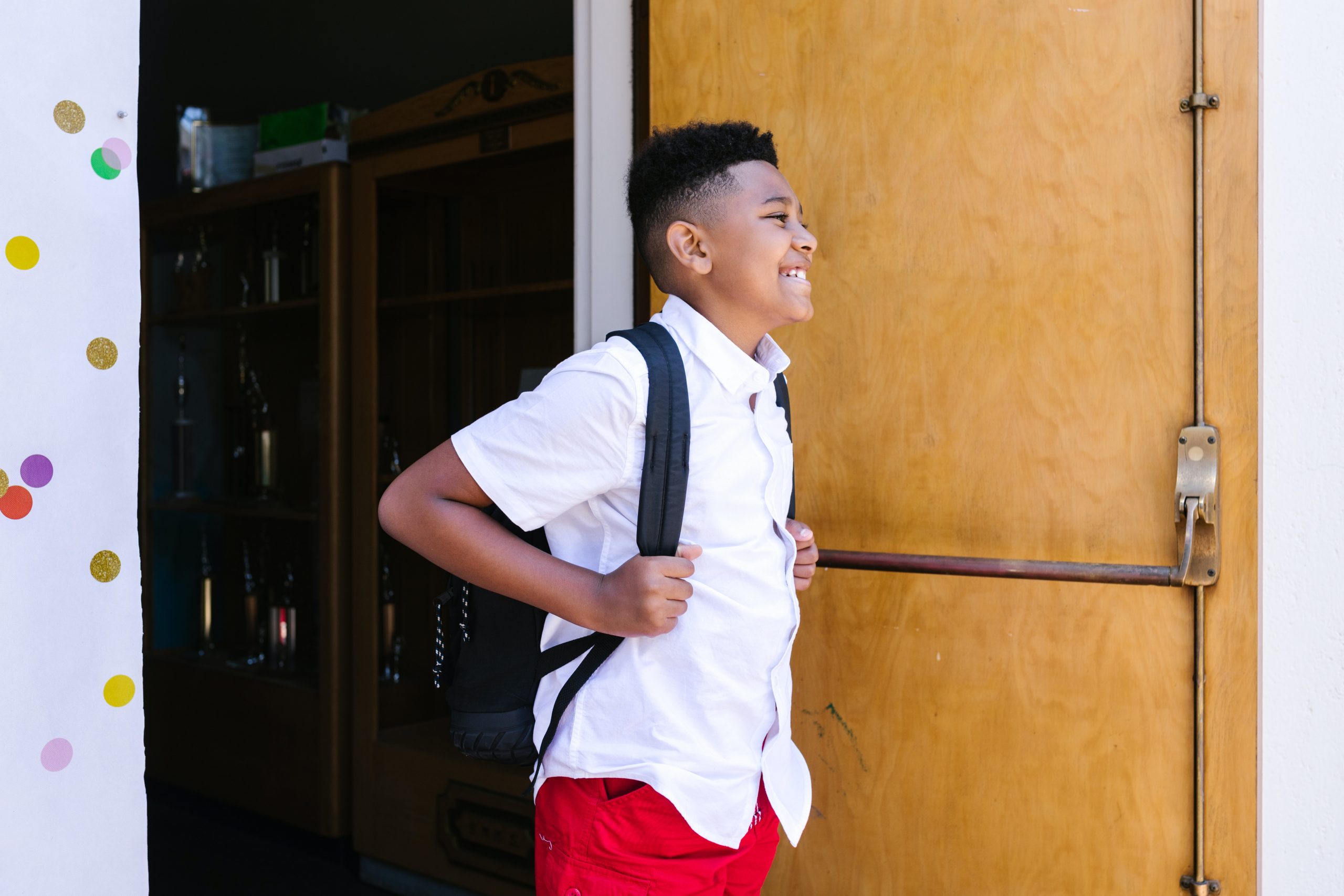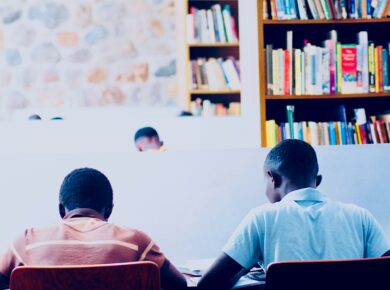With the tendency towards globalisation and constant changes, one has to work more on innovation and research.
It is here that international schools and the mix of students and progressive educational programs they offer are perfectly capable of developing these qualities.
It’s this blog that looks at how international schools can promote research and innovation in line with their ideals while using available resources to achieve their goals.
1. The Pattern of Culturing Interrogative Disposition
Encouraging Questioning and Exploration: Let me explain that at the heart of research and innovation, we embrace curiosity. International schools, especially, should provide a setting in which the students can question and pursue what they wish to. It can be so attained by, for instance, developing curricula that will incorporate the use of inquiry learning.
Whereas, teachers can apply the concept and design their lessons in the form of questions, ns wh, when answered, force the students to research, synthesise and come to their conclusions. For instance, instead of explaining conventions on the subject, students could discover how different perceptions of the events impact today’s problems in the world.
Incorporating Project-Based Learning: Project-based activities can be used to achieve meaningful instances in students solving real-life scenarios.
In this case, students can see the practical application of the work they are doing by engaging in projects that involve research and problem-solving.
For instance, students could focus on studying how people of different countries and age groups can conserve the environment and come up with the necessary recommendations.
It is thus effective in not only provoking the students’ curiosity but also assisting in enhancing their research aptitude of the students.
2. The second approach of how to link research into the curriculum is therefore outlined as follows:
Duplication of Research Skills Across the Curriculum: So that purposeful use of research can become an integral component of the learning process, international schools can incorporate the skills for research in different subjects.
In science, students may learn how to set up a test or complete a survey, while in social studies, they may have to research the historical process or a current event.
Science subjects can also include research parts: for example, the consideration of the cultural background of literature and artworks or studying the techniques of creating pieces of art.
Developing a Research Framework: The present study, therefore, shows that research education has to be structured to teach systematic research skills. It is possible to plan and develop a structure for creating research at International schools and outline the fundamental stages of the research, such as problem formulation, literature evaluation, data collection, and presentation of results.
It is therefore important for schools to ensure students are made familiar with this framework in their early years and perhaps revisited throughout their learning process to prepare them well enough for the independent research projects that characterise their learning.
3. Providing Access to Resources
Developing Well-Stocked Documents and Digital Collections: Availability of resources is very important when it comes to the conduct of research.
International schools should endeavour to have good libraries that are well-stocked with various books, journals and other standard references.
Also, other teaching tools like online sources and e-books can be used to provide the student with the current research and international views. It is equally important that the students understand how to use the resources as well as ensure they are trained on how to go about using them.
Building Relations with Other Agencies: Students can get increased research opportunities by developing cooperation with the local universities, research or industrial partners. Such relationships can open great opportunities to use specialised resources, get in touch with knowledgeable mentors, and get real-life assignments.
For example, a partnership with a local university can open students to take part in various research projects that the university conducts or internships that are beneficial in providing the students with practical research exercises.
4. Building Partnerships and Integration of Teams
Promoting Group Process Proactive Activities as well as Teamwork: It is proven that most innovations result from teamwork. International schools can improve the learners’ teamwork skills by providing group assignments, which the learners will have to complete using group contributions.
Based on the problem format, the use of group projects can be a way that respond to complicated questions that need different opinions and abilities.
For instance, in a class that is designing projects on climate change, students could undertake scientific data on climate change, investigate the economic effect of climate change and analyse policy interventions, hence operating from different perspectives.
Promoting Interdisciplinary Learning: Grouping of courses enables the students to approach subjects in an interdisciplinary manner, making use of research skills in finding out about the issue across various disciplines.
International schools can create project-based learning assignments where one subject couples with another, er such as Science, Technology, Engineering, and Mathematics (STEM) subjects with arts and humanities.
For instance, it is possible to come up with a project where students have to design items that have aspects of engineering with the SOCIAL & ENVIRONMENTAL considerations in their artistic design.
5. Supporting Extracurricular Research Opportunities
Providing Research Club and Society: It is worth noting that students can find other platforms to continue with their research through other activities outside class.
To support the interest of students in research, international schools can start forming research clubs or societies through which students can undertake individual or group research.
Such societies can schedule a series of meetings, presentations from professionals, and seminars for students when they are involved in their research work.
Hosting Competitions and Fairs: From the competition’s and fairs’ perspective, the spotlight is placed on the research activities themselves, with students getting the exposure they deserve for the work they have done.
International schools can host or can also be involved in science fairs, innovation competitions, and other related occasions where students can showcase their research and innovativeness.
Such occasions can also be used as an opportunity whereby students to get to know the reception of their work from the experts as well as their fellow students to enhance their skills.
6. Emphasising Real-World Connections
The ability to connect Research with the various challenges happening across the world: Some students may be interested in how research links up with real-life problems, so that the project becomes much more meaningful.
International schools can guide students to assume positive roles in responding to global issues like climate change, disease prevention or promoting social justice.
For instance, if students are interested in what, they can come up with topics such as renewable energy sources or the effect of global health policies on people.
Such an approach not only helps to make the research more relevant but also helps students to solve real-world challenges.
Collaborating with International Organisations: Partnerships with IGOs can bring global thinking and access to more resources to the students. International schools may involve themselves with such organisations, and students can access international research or projects on global concerns.
Such collaborations must have a chance to expand students’ perspectives and increase the level of awareness that their work might influence the global scale.
7. In the Development of Critical Thinking and Analytical Skills
Encouraging Analytical Thinking: It is very important when it comes to research and innovation, hence why critical thinking skills are very vital.
In this context, international schools can also encourage an analytical perspective in learners through other assignments which call for critical analysis of evidence, main arguments and development of feasible and sustainable conclusions.
This kind of competency can be obtained through debates, case analysis and evaluation of data,t s through their undertaking.

Teaching Research Methodologies: It is thus evident that proper research methods, before knowledge of the research methodologies, are crucial.
The following are things that I believe international schools should incorporate into their teaching for students:
Teaching of various research methodologies, both qualitative and quantitative. Helping students learn how to construct a survey, interview, and analyse the statistical data improves the quality of investigative work.
8. Celebrating and Sharing Achievements
Recognising Student Research: It is useful to celebrate the results of students’ research and make them see that their endeavour is useful and needed.
International schools can provide chances to enforce the acknowledgement of student work with awards, publications or presentations.
Fostering an atmosphere of achievement makes schools encourage hard work among students while at the same time highlighting the significance of research and innovations.
The primary one of the emerging strategies was building platforms for sharing work: Opportunities should be created through which the students can present their findings to other individuals, since this will help them develop their communication skills as well as confidence.
Schools can arrange research fairs, establish the school’s journal with the works of students, and participate in presenting the work at local or international conferences.
Such platforms are an opportunity to share the outcomes of the research conducted, get feedback on the work done, and communicate with like-minded people.
Conclusion
With the unique affiliations of international schools, there will always be a chance to promote research and innovations for the students.
If these institutions promote curiosity, incorporate research into the curriculum, give students access to resources, encourage teamwork, endorse extracurricular activities, relate the research projects to the real world, develop analytical skills, and encourage success.
They can inculcate the required disposition in students to grasp the fast-changing world.
In this way, international schools can not only provide a good academic improvement to their students but also the way forward to produce future leaders and achievers of the world and make a significant change in society.
As such, they maintain the vision of the institution as offering quality education that prepares learners to be responsible citizens in society. Read further the similar posts on our educational page of the site.










